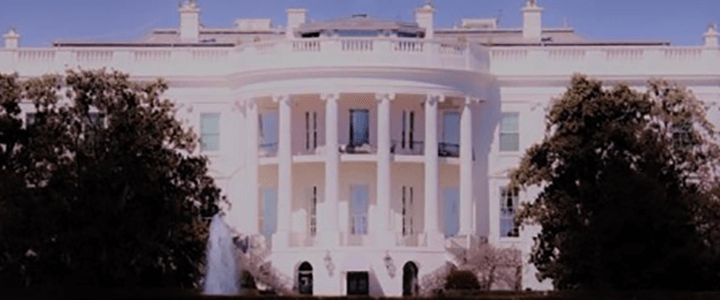For those tracking the hiring freeze weather, a ray of sunshine peeked through the clouds yesterday. Senior Executive Association (SEA) President Bill Valdez penned a warm letter to U.S. Office of Management and Budget (OMB) Director Mick Mulvaney and Office of Personnel Management Acting Director Kathleen McGettigan. Valdez pleads his case for “immediate relief to those agencies that have vacant mission critical career leadership positions exacerbated by the hiring freeze.” The effects of Valdez’s well-intentioned message may be minimal for a variety of reasons.
Career civil servants or political appointees?
In President Trump’s hiring freeze, Valdez sees opportunity. Valdez’s objective is reclassification of many traditionally political appointee senior executive positions as career executive slots.
In Valdez’s view, there’s a clear distinction—his “bright line”—between executive leaders who design policy that responds to the President’s priorities (political appointees) and those who execute the policy (career civil servants who, unlike many political appointees who may be writing policy, understand the bureaucratic red tape and how to cut through it). Indeed, as Valdez notes, reclassifying appointee positions to career would have the benefit of providing a greater degree of transition stability and residual institutional knowledge now and the next time the Administration’s poles flip.
leadership policy in the executive branch
To gain the favor of Director Mulvaney (OMB) and Acting Director McGettigan (OPM) and, by extension, the President himself, Valdez exercises a very positive, approving tone. For instance, Valdez interprets the President’s consideration to leave top senior executive leadership positions empty as smart policy. Valdez characterizes the perpetual vacancy option as “wise public policy” that he was “heartened to hear.” Further, Valdez implicitly attributes to the Administration the desire to make government govern better by instituting more stability and less turbulence when Administrations change. On its face, all that’s appealing – for some.
Valdez’ proposal is bad news for aspiring political appointees who’ve worked long and hard to get their candidate elected to the White House with high hopes of high places in government. It’s also not so good if the Administration’s intention is to shrink the federal government by way of attrition, which Mr. Valdez acknowledges, and which the hiring freeze intends.
The President has made clear on a number of occasions that he intends to make government smaller, perhaps much smaller. Stabilizing current levels is not a proposal under consideration. Further, even if the President did intend to maintain current personnel levels in the federal government, that doesn’t mean the President would want to cede more opportunities to shape policy in exactly the way the President intends by installing more immovable career civil servants, especially at the senior-leader level. Remember, the Administration believes that one its greatest challenges in shaping and executing the policy it intends is too many career holdovers from the previous administration. It’s unlikely the President would like even more practically immovable careerist populating offices.
Additionally, Mr. Valdez’s critique of executive leaders serving in acting positions is misplaced. Valdez writes, “Senior career leaders in ‘acting positions’ do not have the full authority required to do their jobs.” Perhaps. But one of those “career leaders in ‘acting positions’” who cannot, according to Valdez, do her job is OPM Acting Director McGettigan with “over 25 years dedicated to the Federal service at OPM.”
Finally, Valdez doesn’t acknowledge the proposal for what it is, an intention to downsize and leave key leadership positions empty for the sake of attrition. Instead, Valdez hopes career senior executives could soon fill appointee positions. That’s not what the executive order said. The President very clearly said, “’In many cases, we don’t want to fill those jobs.’”




